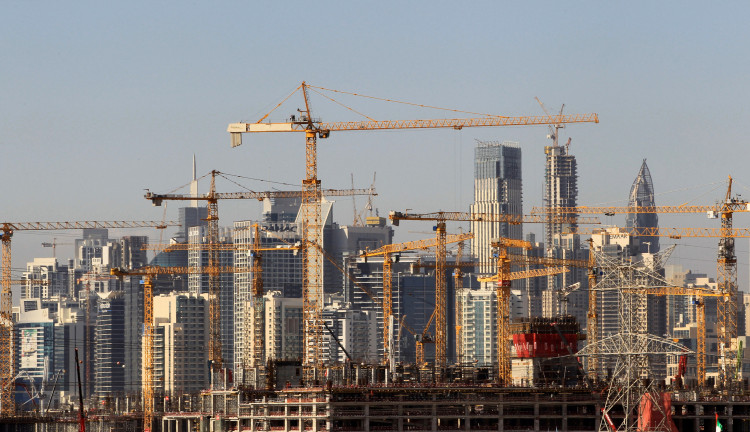Tensions and talk of war in the Middle East heightened dramatically Monday with both Saudi Arabia and the United Arab Emirates (UAE), both allies of the United States, reporting sabotage attacks on their ships outside the strategic Gulf of Hormuz.
Iran is being blamed for the attacks.
The International Association of Independent Tanker Owners (INTERTANKO), the association of owners of independent tankers, said it has seen pictures showing "at least two ships have holes in their sides due to the impact of a weapon."
Shipping sources identified the damaged ships as the Saudi Arabian very large crude carrier (VLCC) tanker Amjad and the crude oil tanker Al Marzoqah. The attacks took place off the Fujairah emirate, one of the world's largest bunkering hubs located outside the Strait of Hormuz. Fujairah is one of the seven emirates comprising the UAE.
Saudi Arabia said its ships had suffered "significant damage." Iranian and Lebanese media on Sunday aired reports of explosions in Fujairah, which the UAE initially denied. The UAE has declined to elaborate on the nature of the sabotage attacks or say who might have been responsible.
The UAE Ministry of Foreign Affairs said there were no casualties in the attacks and the Fujairah port operations remain normal. It said an investigation had been launched in coordination with international authorities. It called on global powers to prevent any parties from trying to harm maritime safety and security.
On the other hand, the U.S. Maritime Administration (USMA) on Sunday said the incidents off Fujairah have not been confirmed and urged caution.
Saudi Energy Minister Khalid al-Falih said in one of the two Saudi vessels attacked was on its way to being loaded with Saudi crude from the port of Ras Tanura for delivery to state-owned Saudi Aramco's customers in the United States.
Saudi Arabia said the two Saudi oil tankers were among vessels targeted by a "sabotage attack" off the coast of the UAE, condemning it as an attempt to undermine the security of global crude supplies. Its foreign ministry in voiced support for the UAE, its close regional ally.
Falih said the attack sought to undermine maritime freedom and the security of oil supplies to consumers worldwide.
Following the Saudi announcement, Iran's foreign ministry called for further clarification about what really happened to the Saudi tankers. Spokesman Abbas Mousavi said there should be more information about the incident.
Mousavi also warned against any "conspiracy orchestrated by ill-wishers" and "adventurism by foreigners" to undermine the maritime region's stability and security.
The attacks took place even the USS Abraham Lincoln carrier strike group and other naval forces are en route to the gulf due to what the U.S. says are Iranian threats. Iran has called the U.S. military presence "a target" rather than a threat.
In an advisory, USMA said U.S. commercial ships, including oil tankers sailing through Middle East waterways, might be targeted by Iran.






